Rose Water: 8 Health Benefits And How To Use It
Reap the amazing benefits of this aromatic liquid by using it the right way.
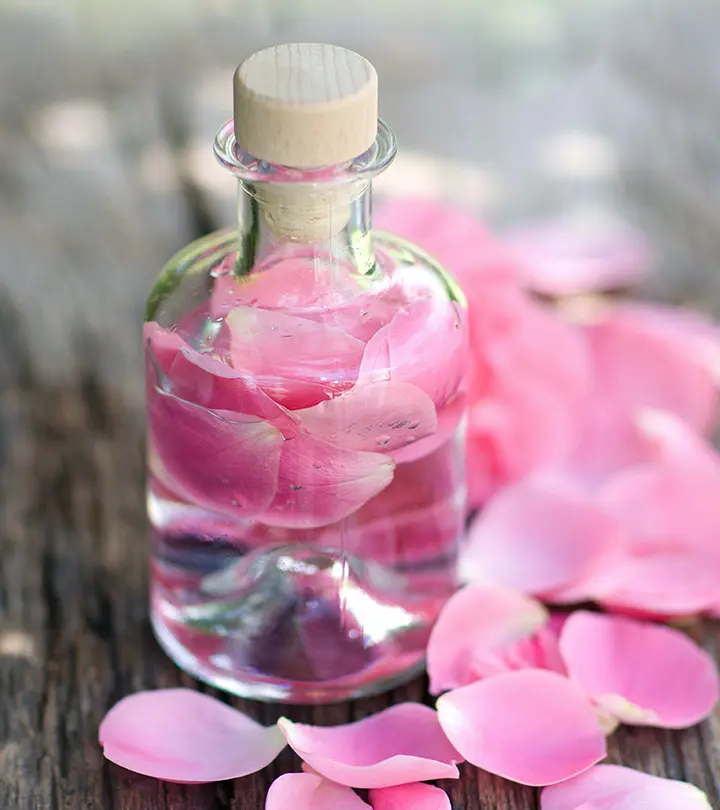
Image: Shutterstock
It is a known fact to many of us that rose water benefits our skin and are used in many cosmetic and skincare products. But it also offers many potential health benefits. It is also used in food products. Research has also shown that rose water has relaxant and antibacterial properties (1).
Drinking rose water can also benefit you, as per anecdotal evidence. However, most of its use pertains to skin. Know how to use rose water for your skin right here. Scroll down!
 Know Your Ingredient: Rose Water
Know Your Ingredient: Rose WaterWhat Is It?
Aromatic water made with rose petals.
What Are Its Benefits?
It helps fight skin inflammation, delays signs of aging, soothes a sore throat, treats eye infections and digestive issues, and relieves stress and headache.
Who Can Use It?
All except those who are allergic to roses.
How Often?
Daily as part of your skincare routine, as a fragrance and in cooking.
Caution
Possible allergic reactions include redness, irritation, and a stinging sensation.
In This Article
What Is Rose Water?
Rose water is a liquid byproduct of the rose petal steam distillation process, a method used to extract essential oils from plants. It has been used for centuries in food, drinks, and cosmetics. It is often used to add a subtle floral flavor to desserts and beverages. Rose water is a popular ingredient in skin care products such as toners and facial sprays due to its natural fragrance and mild astringent properties. Additionally, it is known for its refreshing and calming aroma, making it a popular ingredient in perfumes and aromatherapy products.
Rose water has therapeutic properties that may help improve skin health and provide various other benefits. Scroll down to find out what they are.
What Are The Health Benefits Of Rose Water?
The benefits of rose water are attributed to its rich phytochemical composition. The potent antioxidants in rose water may help fight skin inflammation and redness. Rose water is also known to promote wound healing and help treat eye infections.
1. Can Fight Skin Inflammation
Rose petal extracts were found to exhibit anti-inflammatory activity on the skin. This could be attributed to the polyphenolsi Antioxidant compounds that can prevent skin disorders related to aging-related chronic diseases and excessive exposure to UV rays. , anthocyaninsi Water-soluble plant pigments with anti-aging and skin-soothing properties that act as natural sun protectants. , and flavonoidsi Beneficial anti-inflammatory plant compounds that promote wound healing, prevent cellular damage, and reduce photodamage. in the extracts (2).
Rose water may also protect the skin from inflammation induced by UV radiation (2).
Rose water also contains vitamin C which further contributes to its anti-inflammatory properties. Vitamin C is a powerful antioxidant (1). This way, rose water may also reduce skin redness and irritation.
Due to these anti-inflammatory properties, some researchers recommend using rose water for acne as a potential natural treatment option (3).
Sheila, a pro intuitive healing YouTuber, shares how rose water helped treat inflammatory reactions on her sensitive skin. She recalls a bad experience with a makeup artist whose products had an adverse reaction on her skin and rose water was her go-to solution. She says, “So my skin was like, rather sensitive and inflamed after that, and I started using rose water. So it’s like, I’d spray it like literally four times a day, because it naturally fights inflammation as well. So I’ll just spritz it on my face, and then within 2-3 days, my skin was like, back to normal like nothing had happened (i).”
2. May Help Delay Signs Of Aging
Regular use of rose water may delay wrinkles and even tighten pores. You may use it as a skin toner every morning after your bath (4). However, more research is needed to establish this.
3. May Soothe Sore Throat
In traditional Indian medicine, rose water was used to soothe a sore throat. It also was used as a treatment for enlarged tonsils (5). This effect could be attributed to its antibacterial effects. However, more research is warranted.
4. May Help Treat Eye Infections
Rose water may help treat conditions affecting the eyes. In studies, a herbal eye drop treatment containing rose water as one of the primary ingredients helped cure eye infections, including conjunctivitis and dry eye syndromei A condition that occurs when the tears cannot provide enough lubrication to the eyes, resulting in irritation and blurry vision. (1).
Rose water has analgesic and antiseptic properties that may help treat ocular diseasesi Diseases related to the eye, like cataracts, color blindness, age-related macular degeneration, and crossed eyes. (6).
5. May Help Heal Wounds
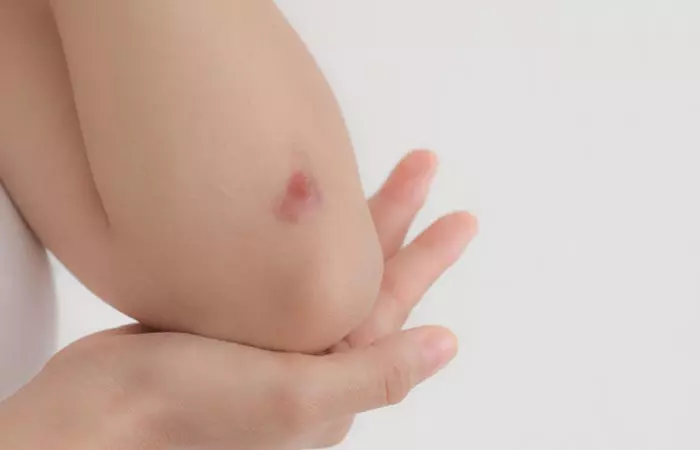
The antibacterial and antiseptic properties of rose water may help heal wounds. It may be used to treat burns, scars, and cuts (1).
The wound-healing effects were also observed in a rose species in the same family as that used to prepare rose water. Inhalation aromatherapy using the rose species could reduce the pain intensity in patients with burns (7).
6. May Relieve Stress
There is very less research here. Proponents of rose water believe that inhaling its vapors can help boost mood and relieve stress in individuals.
Some research suggests that rose water may have antidepressant-like effects. The studies have been done on mice, though (8). More research is needed on human subjects to establish this fact.
7. May Help Treat Headaches
Vapor therapy using rose water (or rose oil) may help relieve headaches and migraines (1). Applying a compress soaked in rose water to the head for 45 minutes may give you relief.
8. May Soothe Digestive Issues

Some research suggests that rose essence can positively influence digestion, bile secretion, and circulation (9). This way, it may also be considered an effective home remedy for a bloated stomach.
Rosewater (the extracts) was also used in ancient medicine to treat abdominal pain and other digestive problems (1).
Thus, rose water benefits your skin and health in several ways. Though rose water has been used extensively in ancient medicine, in modern times, its benefits are still being discovered. More research is warranted. But you can start using it to avail some of the benefits we have discussed here.
What Forms Is Rose Water Available In?
Rosewater contains 10-50% rose oil (1). It is used in the beauty and food industry and also quite often in religious ceremonies. Apart from using rose water, you can also enjoy the goodness of the flower species through rose oil and dried flowers.
Rose oil is produced by distilling the rose flower. This distillation of the tender petals yields the best rose water. It is usually mass-produced by companies. It is comparatively more expensive.
The dried flowers can also be used, wherein their buds and petals are dried. The petals are usually consumed along with yogurt or other foods.
The goodness of rose water is also available in the form of rose hips (the seedpods of roses) and hydrosol extracts (extracted from the flower or petals and is a cheaper alternative to rose oil).
The aqueous and ethanolic extracts are also taken from the flower and petals but are used for research purposes.
 Fun Fact
Fun FactIn addition to its health benefits, you can also use rose water in other ways.
How To Make Rose Water
If you have roses growing in your garden, you can learn how to make rose water conveniently. The simplest process is the simmering method. Here’s what you need to do.
What You Need
- 7 to 8 roses
- 1.5 liters of distilled water
Procedure
- Remove the petals and wash them gently under lukewarm water.
- Add the petals to a pot and pour the distilled water.
- Cover the pot and allow the water to simmer over low heat. Wait until the petals have lost all their color.
- Strain the liquid and discard all the petals.
- You can store the rose water in a glass bottle and use as required.
 Quick Tip
Quick TipHow To Use Rose Water
You can use rose water in various ways.
You can dip cotton balls into the water and gently pat over your skin. This will not only enhance skin health but may also help fight inflammation and acne.
You can also use it in your kitchen for cooking. Adding a couple of drops of rose water to your cocktail can make it all the more appealing. You also can use it in your baked goods in place of the conventional vanilla essence.
You may also add a few drops of rose water to your bathwater. It can have a therapeutic effect on you. You can also add it to your homemade cleanser or moisturizer. Rose water can also leave your skin feeling pampered and soft.
Sprinkling some rose water over your steaming iron while pressing your clothes will leave them with a soothing floral aroma.
You can also use rose water to create a refreshing fragrance mist. Pour some rose water into a spray bottle and mist your curtains, bed sheets, and other soft furnishings around your house. This way, you will be filling your house with the natural freshness of an elegant perfume.
Using rose water is simple. But does it have any adverse effects? Scroll down to find out.
Does Rose Water Have Any Side Effects?
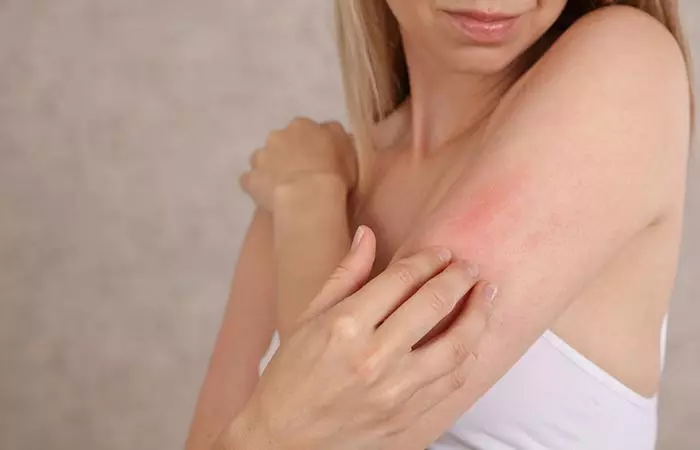
Rose water is relatively safe. There is no research stating serious effects following rose water application/intake. However, if you are easily prone to allergies, you may want to be careful. Do a patch test by dabbing a swab on your skin that is not visible to others such as behind the ear and wait for 24 hours before using rose water on your skin.
As far as consumption goes, you may take a little and check for any reactions.
Please consult with your doctor before you do so. Certain reactions of rose water may cause include redness, irritation, and a stinging sensation.
There is no specific information about the dosage of rose water. You may take two to three drops with every use.
Rosewater benefits the skin in multiple ways and manages skin inflammation and dryness. It also slows down skin aging. Research also suggests that it can effectively combat sore throat, eye infections, headaches, and digestive issues.
You can prepare rosewater at home with rose petals and distilled water. It can be directly applied to the skin or used for culinary purposes or as a spray. Rosewater does not cause any negative effects unless you are allergic to it. We recommend you perform a patch test before using it on your skin.
Frequently Asked Questions
Does rose water help in weight loss?
No, there is no research that shows that rose water may help in weight loss.
What is the pH of rose water?
Rose water is slightly acidic and usually has a pH ranging from 4 to 4.5.
Can you drink rose tea every day?
Yes. You can drink rose tea daily. But if you are prone to allergies, please check with your doctor first.
Can rose water be used as a hair conditioner?
Yes, rose water can be used as a hair conditioner as it acts as an excellent leave-in conditioner. It may help improve hydration and make the hair look less frizzy.
Is rose water safe to use on dry skin?
Yes, it is safe to use rose water on dry skin as it may help soothe the skin and prevent inflammation.
Is rose water safe to use on children?
As long as there is no chemical or preservative added to it, it is safe to use on children.
What is the difference between rose water and rose essential oil?
Both rose water and rose essential oils are made from rose petals. However, rose water is the by-product obtained during the process of making rose essential oil. While rose oil is used for aromatherapy and in perfumes, rose water is mainly used to hydrate the skin, remove makeup, and as a food flavoring.
Key Takeaways
- The potent antioxidants in rose water may fight skin inflammation and delay signs of skin aging.
- It might manage eye infections like conjunctivitis and heal wounds due to its analgesic and antiseptic properties.
- It may soothe digestive issues such as bloating and help treat headaches.
- However, it may cause a stinging sensation, skin irritation, or redness in some people.
Illustration: Rose Water: 8 Health Benefits And How To Use It
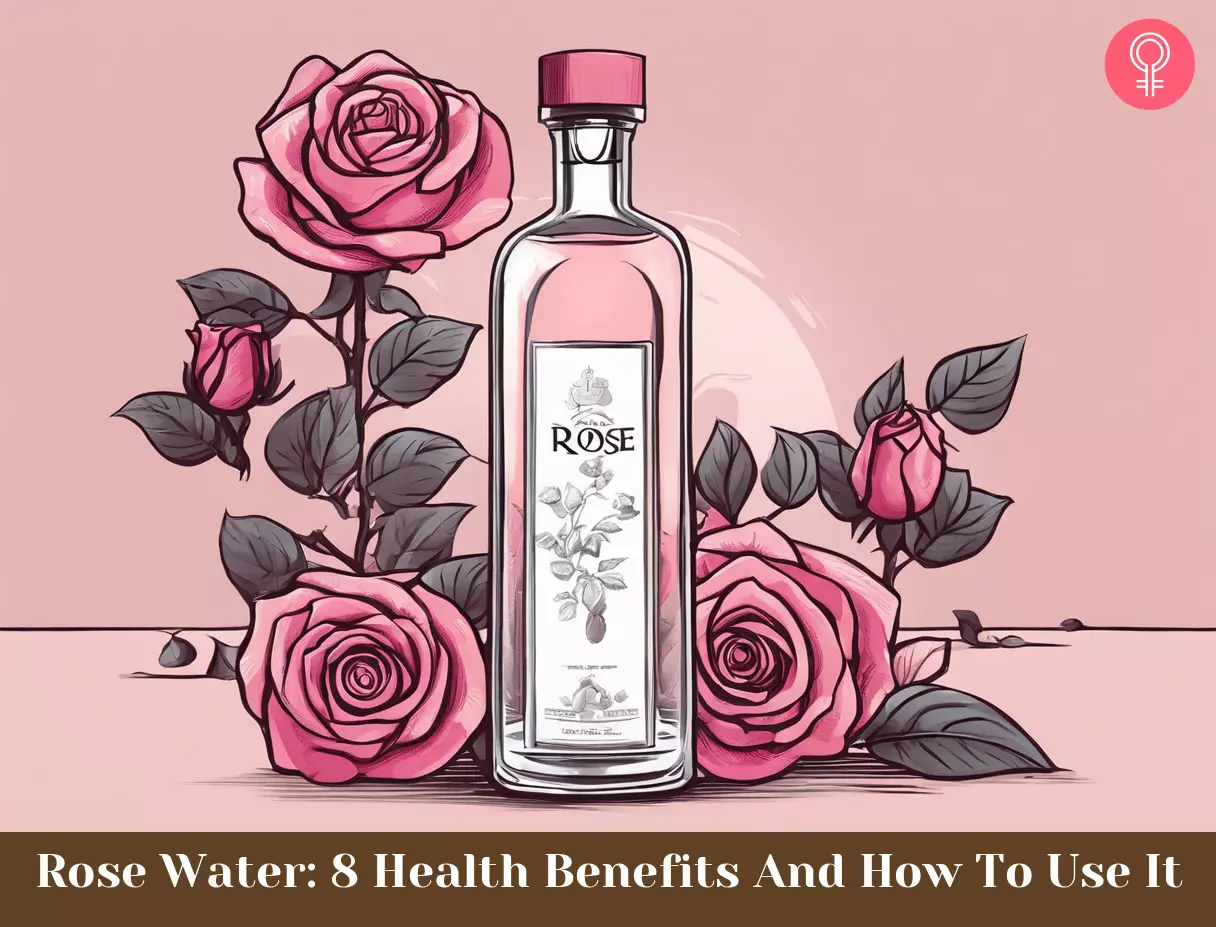
Image: Stable Diffusion/StyleCraze Design Team
Discover the amazing health and beauty benefits of rose water! Click on this video to learn how to use it to improve your skin, hair, and overall well-being.
Personal Experience: Source
StyleCraze's articles are interwoven with authentic personal narratives that provide depth and resonance to our content. Below are the sources of the personal accounts referenced in this article.
i. How To Use Rose Water CORRECTLY And Glowhttps://www.youtube.com/watch?v=6dSWb4WYzWc
References
Articles on StyleCraze are backed by verified information from peer-reviewed and academic research papers, reputed organizations, research institutions, and medical associations to ensure accuracy and relevance. Read our editorial policy to learn more.
- Pharmacological Effects of Rosa Damascena, Iranian Journal of Basic Medical Sciences, US National Library of Medicine, National Institutes of Health.
https://www.ncbi.nlm.nih.gov/pmc/articles/PMC3586833/ - Skin anti‐inflammatory activity of rose petal extract (Rosa gallica) through reduction of MAPK signaling pathway, Food Science & Nutrition, US National Library of Medicine, National Institutes of Health.
https://www.ncbi.nlm.nih.gov/pmc/articles/PMC6261181/ - Treatment Modalities for Acne, Molecules, US National Library of Medicine, National Institutes of Health.
https://www.ncbi.nlm.nih.gov/pmc/articles/PMC6273829/ - Antioxidant and potential anti-inflammatory activity of extracts and formulations of white tea, rose, and witch hazel on primary human dermal fibroblast cells, US National Library of Medicine, National Institutes of Health.
https://www.ncbi.nlm.nih.gov/pmc/articles/PMC3214789/ - Chemical Composition and Vasorelaxant and Antispasmodic Effects of Essential Oil from Rosa indica L. Petals, Evidence-Based Complementary and Alternative Medicine, US National Library of Medicine, National Institutes of Health.
https://www.ncbi.nlm.nih.gov/pmc/articles/PMC4556831/ - Anti-inflammatory and Antihistaminic Study of a Unani Eye Drop Formulation, Ophthalmology and Eye Diseases, US National Library of Medicine, National Institutes of Health.
https://www.ncbi.nlm.nih.gov/pmc/articles/PMC3661513/ - The effect of inhalation aromatherapy with damask rose (Rosa damascena) essence on the pain intensity after dressing in patients with burns: A clinical randomized trial, Iranian Journal of Nursing and Midwifery Research, US National Library of Medicine, National Institutes of Health.
https://www.ncbi.nlm.nih.gov/pmc/articles/PMC4857658/ - Antidepressant-like effect of aqueous extract from Rosa damascena in mice, Avicenna Journal of Phytomedicine.
https://www.researchgate.net/publication/288822801_Antidepressant-like_effect_of_aqueous_extract_from_Rosa_damascena_in_mice - Rose Water, Small and Medium Enterprise Development Authority, Government of Pakistan.
http://www.amis.pk/files/PrefeasibilityStudies/SMEDA%20Rose%20Water.pdf
Read full bio of Dr. Sandeep Jassal
Read full bio of Ravi Teja Tadimalla
Read full bio of Arshiya Syeda
Read full bio of Aparna Mallampalli





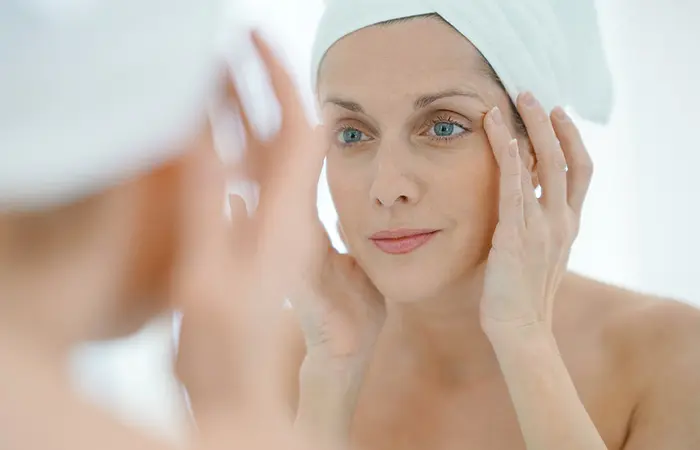
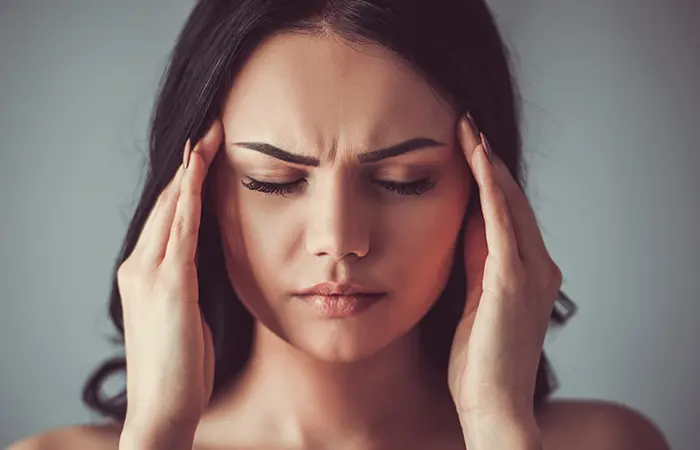
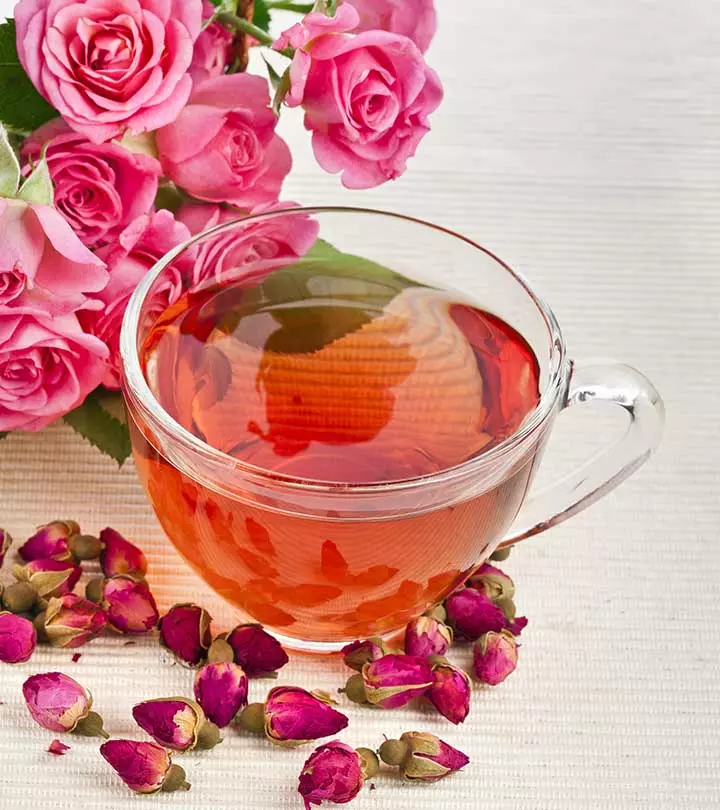
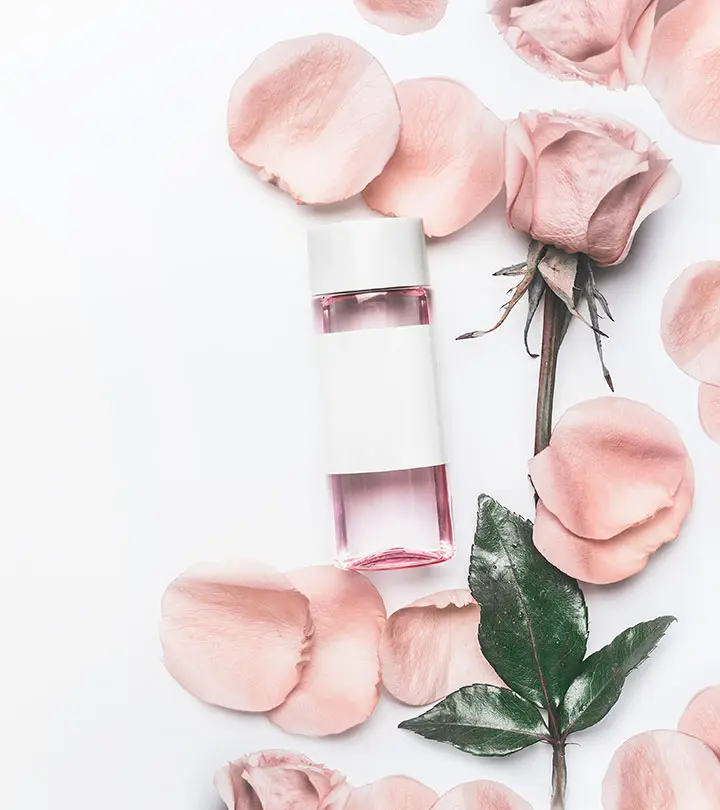
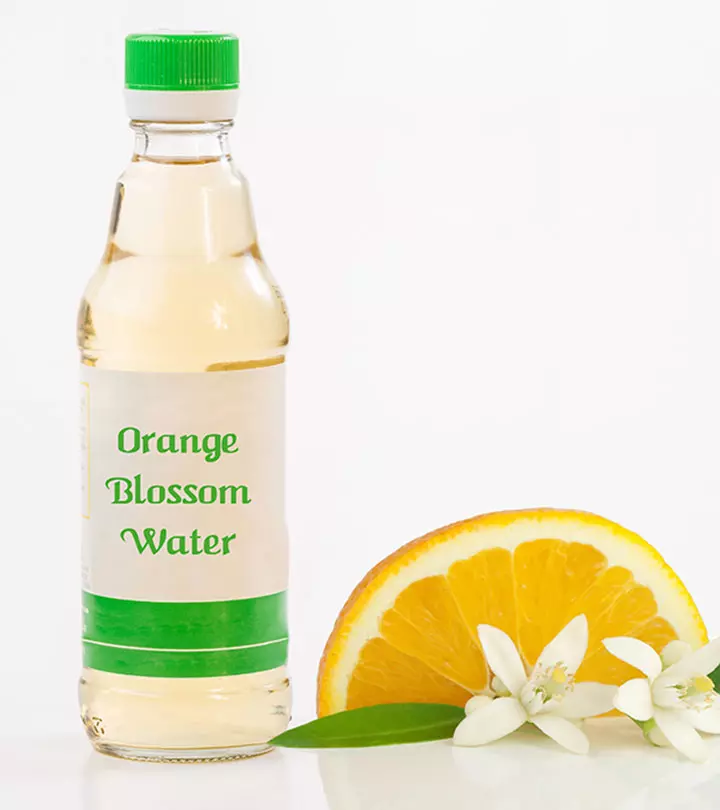
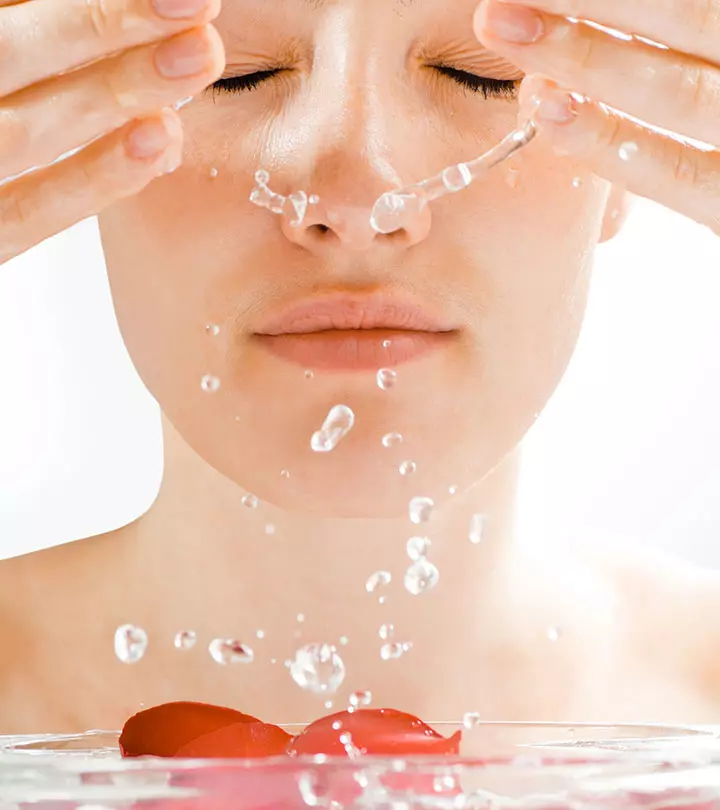
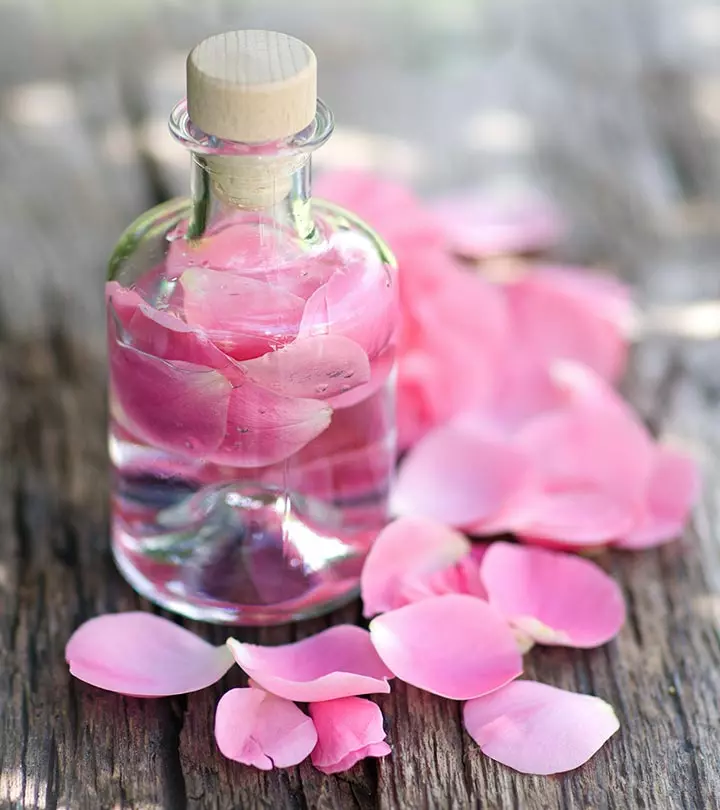
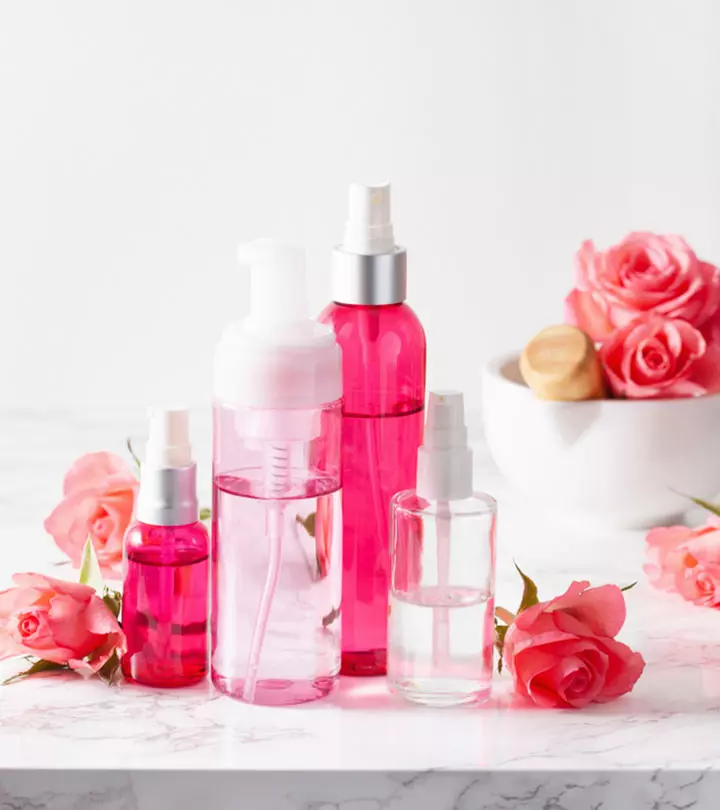
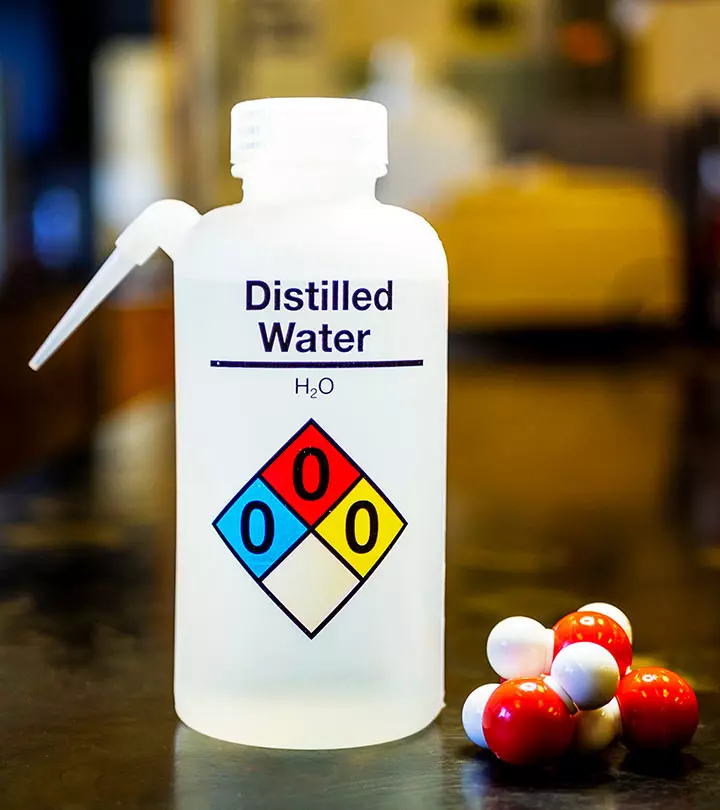
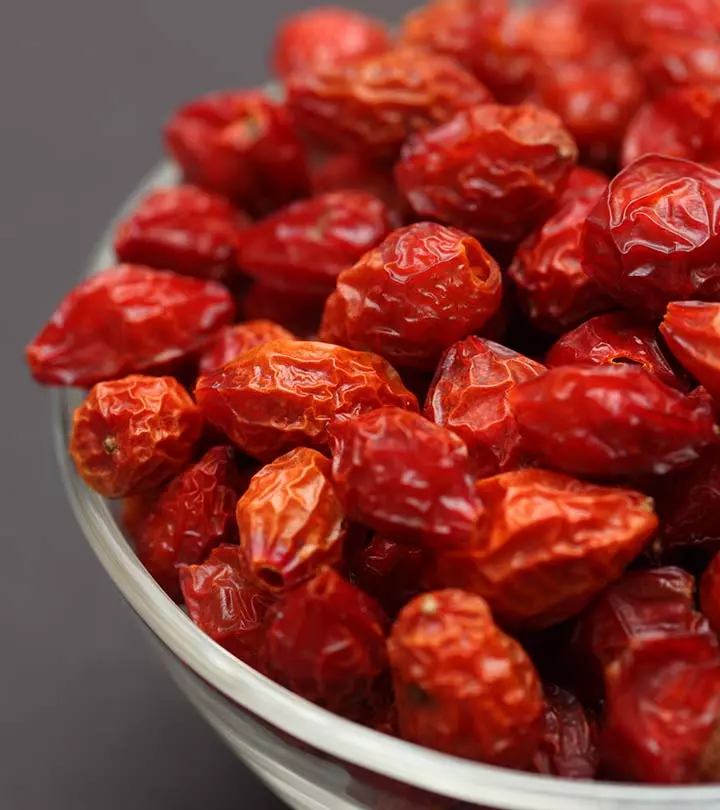
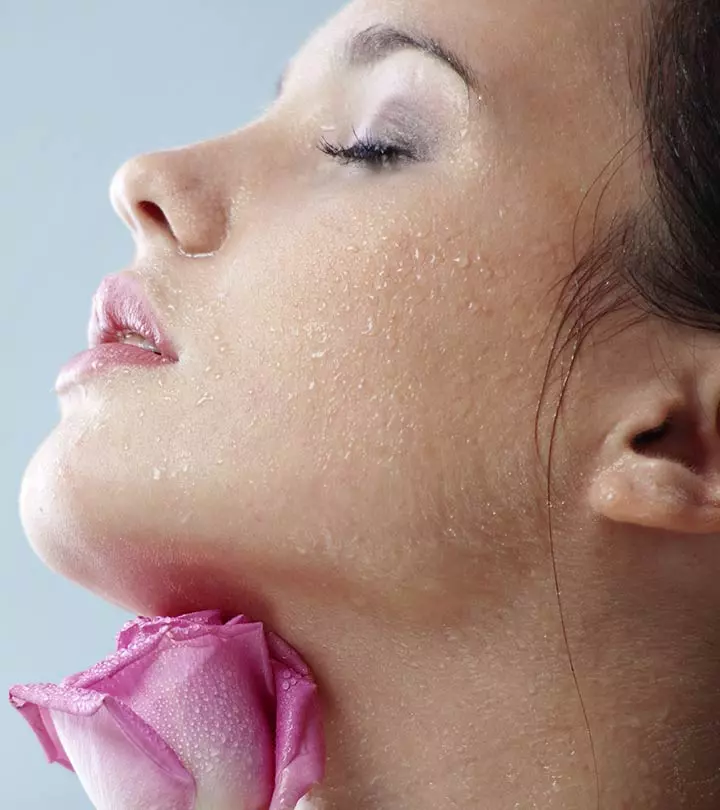
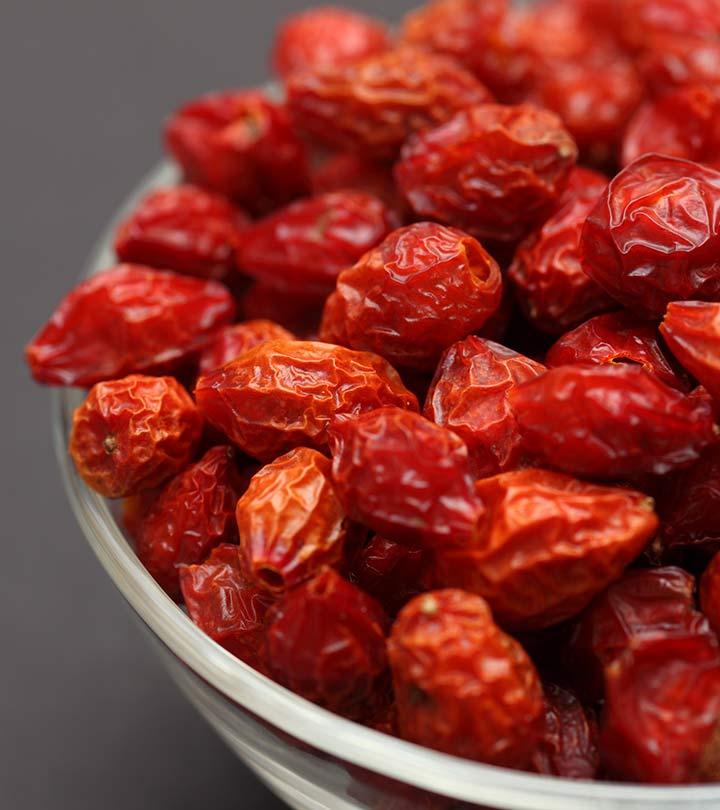

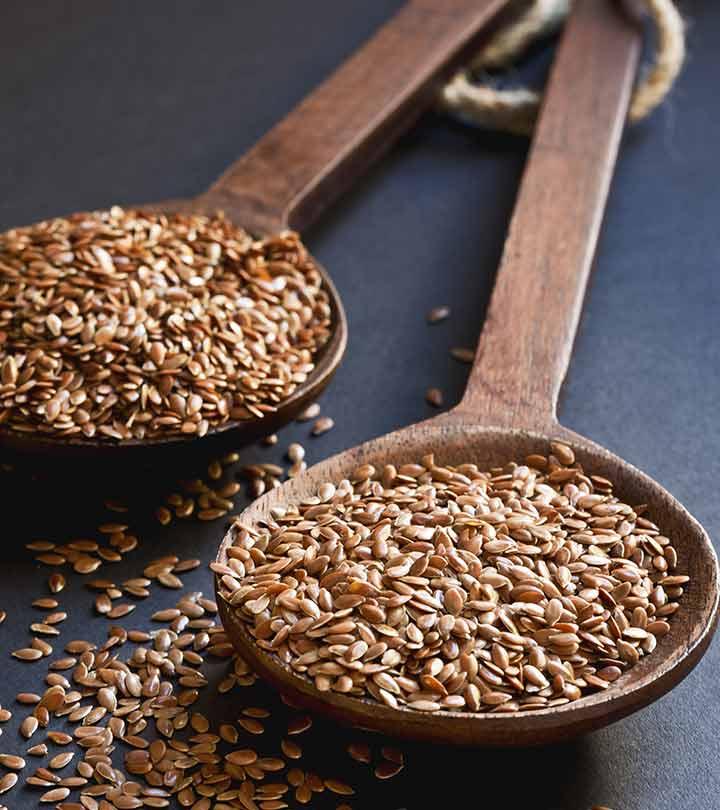
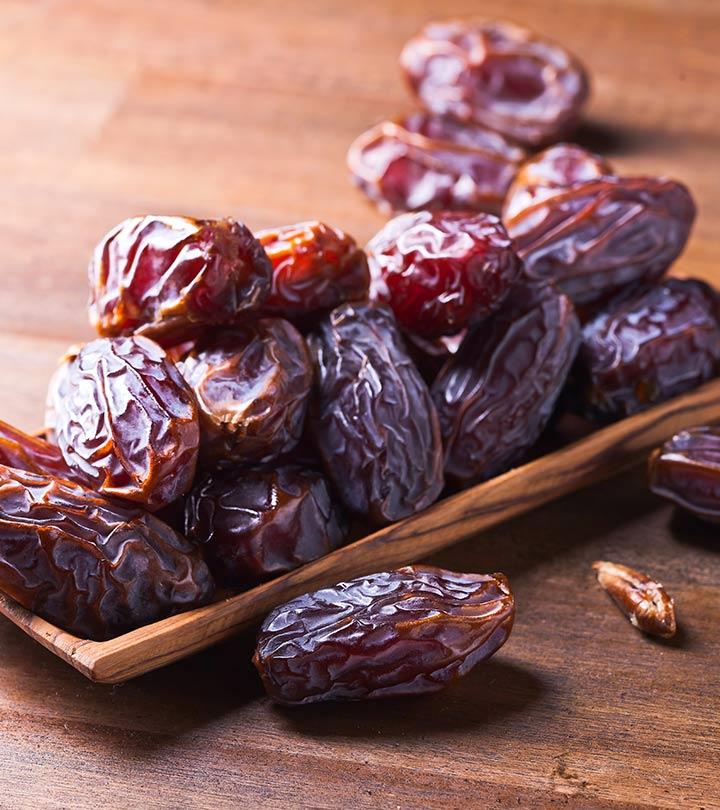
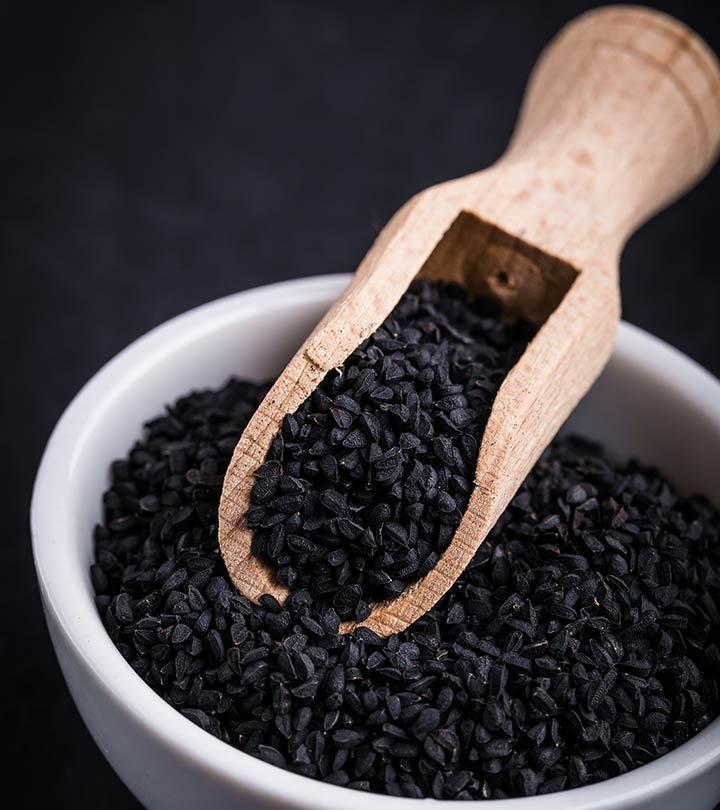


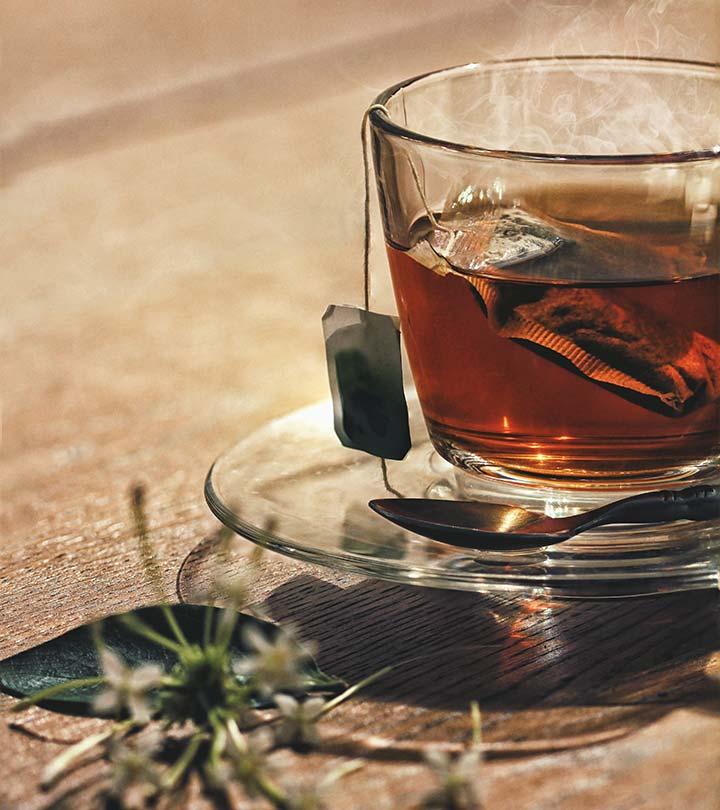

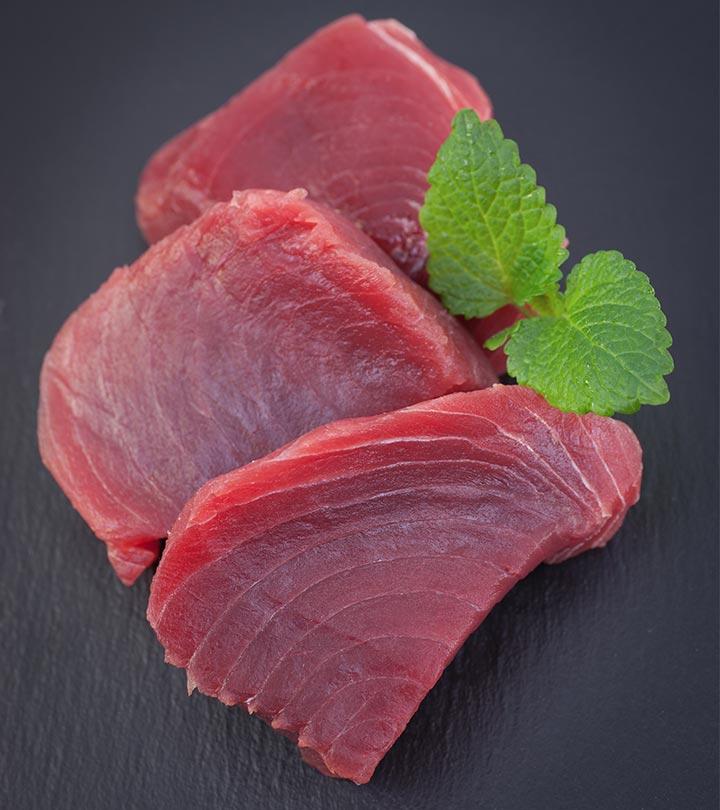
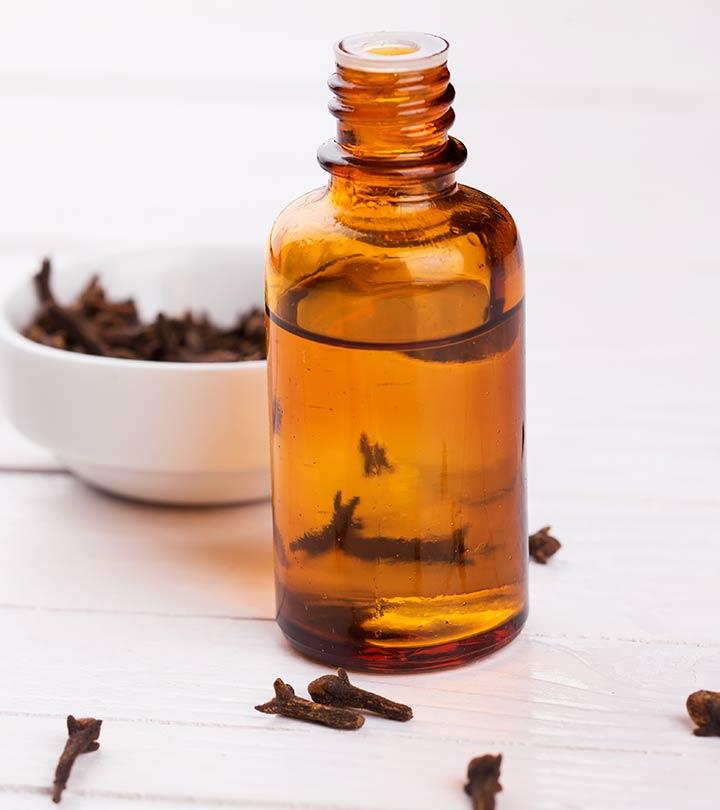
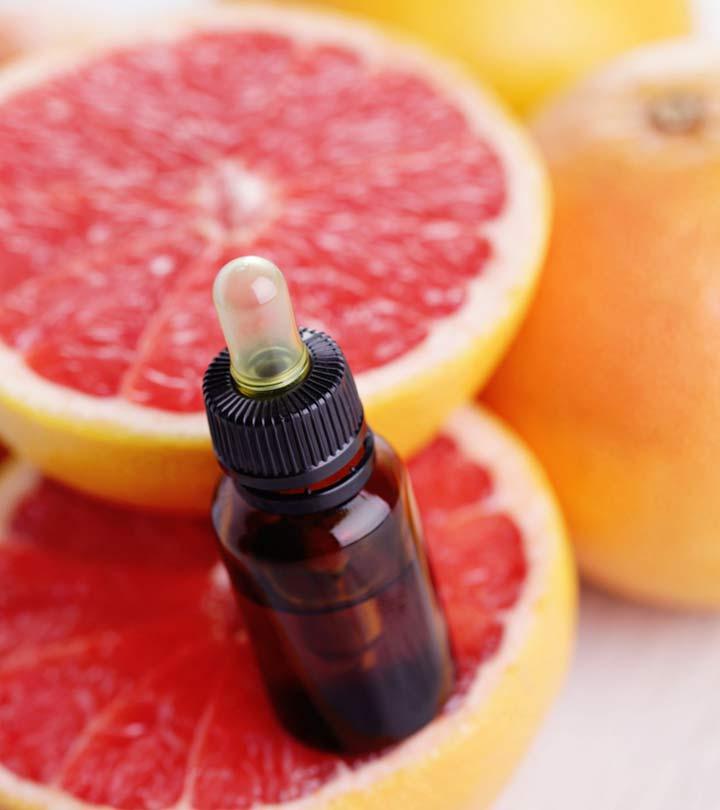
Community Experiences
Join the conversation and become a part of our empowering community! Share your stories, experiences, and insights to connect with other beauty, lifestyle, and health enthusiasts.